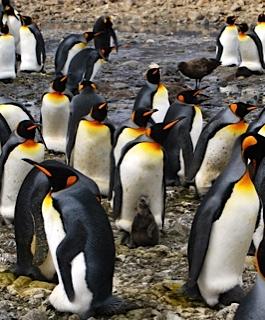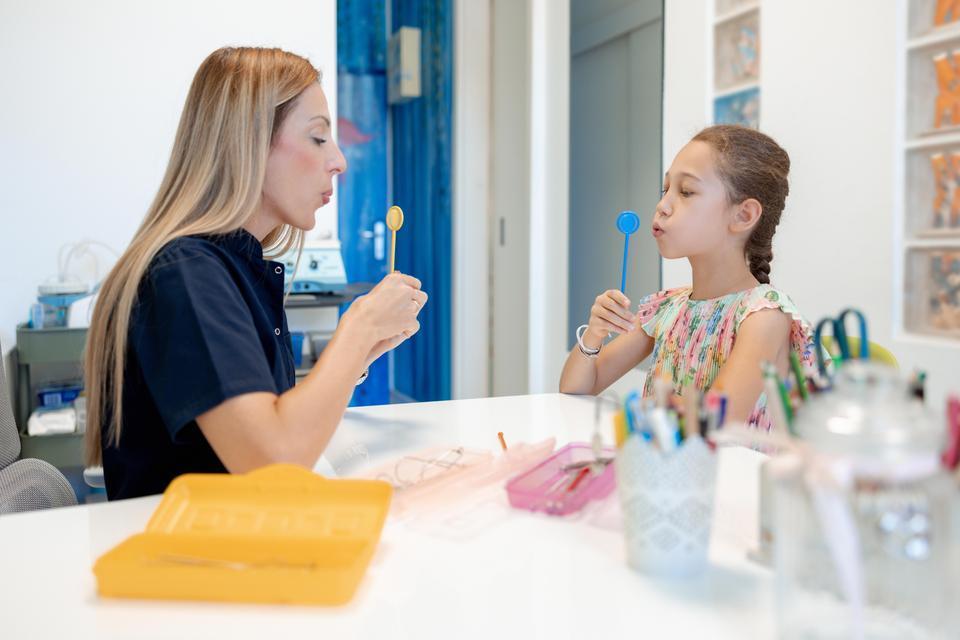
This is a guest blog post from Altru psychiatrist, Dr. Ellen Feldman. She wrote this during a recent trip to Antarctica.
I was the first to spot the baby chick.
“Look, down at her feet,” I whispered to my shipmate. We grinned and gazed in wonderment at the tiny, grey, furry head peeking out from between the legs of the majestic king penguin mother.
The mom and chick were not alone. Surrounding them were others from their massive colony. Cries and batting flippers composed a melodic backdrop.
Suddenly, the cadence changed as a predatory bird swooped in to snatch a chick—from under an unsuspecting mother’s foot. The colony sprung to action and successfully fended off the attacker with their pointy beaks.
Okay, moms, I know we are not penguins and we don’t have beaks. But, we do have babies. Banding together to form a colony also works for humans. We and our children need social interaction with peers. A strong colony or community can help us protect, raise and defend our babes.
Happy Parents, Happy Kids
Many mothers find themselves exhausted before the end of the day, and end up letting go of social experiences and connections. Sometimes it’s hard to remember how fulfilling it is to bring a community of friends into our lives, especially when the day is crammed full of caring for a young child. Some moms—especially those working outside of the home—worry about sacrificing precious moments with their children.
Research (and common sense) tells us children surrounded by happy parents thrive. Children learn best by seeing and experiencing. Watching interactions between parents and other adults gives a child a model for his or her own relationships.
Finding Community
Some parents wonder how to develop a sense of community when a ready-made group is not obvious. It may not be easy, especially for the more naturally shy, but it is worth the effort.
- Talk with other parents at school or religious functions
- Find an organization that holds meaning for you and attend meetings (take your young child with you, if necessary)
- Volunteer
- Join or form a book club or play group
- Go to a community park or skating rink
- Join an exercise group at a gym
Any of these activities can be used to meet others with interests or passions similar to yours.
An isolated penguin mother and chick rarely survive brutal Antarctic winters. While isolation looks different in humans, it can be just as devastating. With spring approaching, make a goal to get out, interact, meet others, grow some feathers… well, let’s skip the feathers part! (Just can’t seem to get those penguins off my mind.)
As a mother to young children, do you ever feel like your social life is lacking? How do you fulfill your craving for community?







